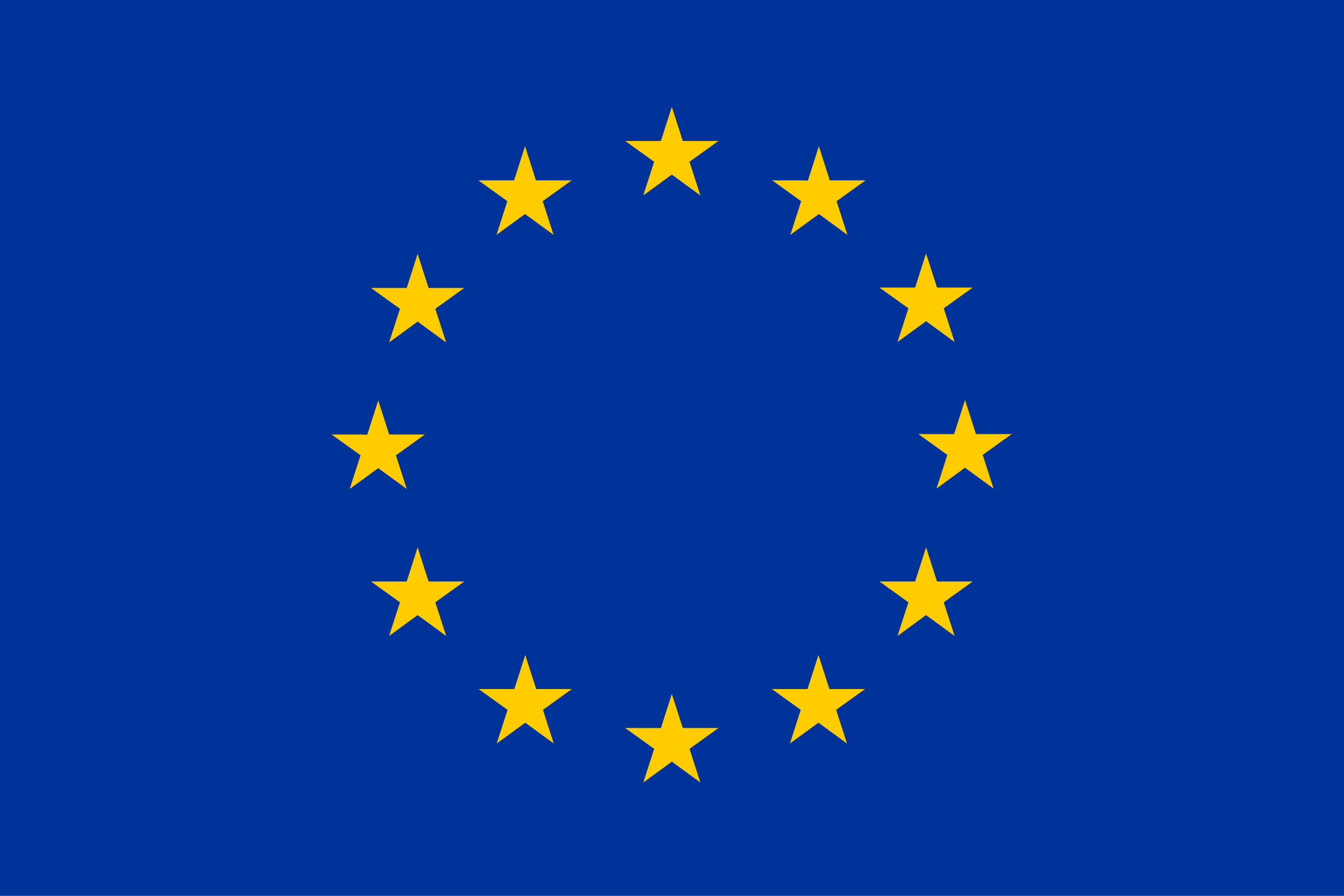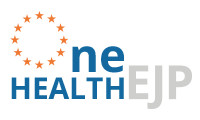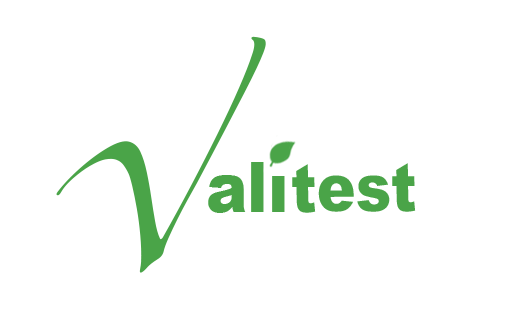Networks and projects in which ANSES participates
ANSES's role in networks.jpg)
The Agency contributes to the prevention of health risks by collecting and analysing information to enable the anticipation, early detection and characterisation of abnormal or unusual events. This monitoring, alert and information service is provided to the government and to the private stakeholders involved.
ANSES carries out its monitoring mission through health surveillance and vigilance activities, as well as a scientific and technical watch in its fields of competence.
The Agency is therefore involved in different types of national or European networks: for monitoring and vigilance, but also research networks and working partnerships. It manages, coordinates or participates in networks aimed at collecting and summarising data on factors likely to have an impact on health or nutritional risks. These include the following:
At national level:
ANSES manages the Salmonella network, whose objective is to describe, collect and characterise Salmonella serotypes of non-human origin isolated from different sectors in France, in order to identify trends and monitor their changes through space and time.
The Agency coordinates the Résapath network, which is responsible for monitoring antimicrobial resistance in pathogenic bacteria isolated from animals.
The Agency is a member of Résavip, the national network responsible for surveillance of swine influenza viruses (SIVs).
It is a member of the French Animal Health Network (RFSA), a mirror group of the European Technology Platform for Global Animal Health.
ANSES is one of the members of the SCA surveillance platform for food-chain safety, which is helping to develop an integrated food safety system encompassing all food contaminants and mobilising all the actors involved in the food chain, to ensure consumer safety.
It is also a member of the National epidemiological surveillance platform for animal health and the National epidemiological surveillance platform for plant health, whose role is to ensure that the surveillance schemes put in place are adequate to address the risks associated with the pathogens threatening France.
At European and international levels:
Given ANSES's scope of action, it is often appointed to EFSA's scientific networks, which are networks of national organisations designated at Member State level (via the member of the Advisory Forum) with expertise in specific scientific fields. They facilitate scientific cooperation by coordinating activities, exchanging information, developing and implementing joint projects and sharing expertise and best practices.
The Agency is a founding member of Med-Vet-Net, a European network of excellence whose objective is to strengthen the prevention and control of zoonoses.
It is also a founding member of ERA-ENVHEALTH, the follow-up network to a European Commission-funded ERA-NET. Its aim is research collaboration to help address environmental health challenges and their implications for public policy in Europe.
ANSES scientists are also very active in many other European and international networks, such as:
- Euphresco: a network of institutions funding or coordinating research in the field of plant health
- STAR-IDAZ: an international research consortium on animal health, whose objective is to coordinate animal health research globally to accelerate delivery of disease control tools and strategies
- SCAR AHW CWG: EU Standing Committee on Agricultural Research (SCAR) forum for European collaboration on strategy for animal health and welfare research
- EPIZONE: European Research Group (ERG) bringing together veterinary research institutes working on epizootic animal diseases, including those with zoonotic potential
- Global Alliances for African Swine Fever Research (GARA) and Rabies Control (GARC)
ANSES's role in European projects
In addition to its participation in networks, the Agency is involved in a number of projects, including several European projects. Research projects receiving European funding promote ANSES's expertise at European and international levels and enable ANSES researchers to maintain the excellence of their skills and expertise. This activity therefore contributes to more effective support for risk assessment and laboratory reference activities.
As in the past, ANSES's teams are taking part in numerous research projects, mainly funded by the European Union's Framework Programmes for Research and Innovation (FP6 for the period 2000-2006, FP7 for the period 2007-2013 and Horizon 2020 for the period 2014-2020). These projects, as well as those co-financed by the European Union Health Programme, are listed in the table below, but also on the European Commission's CORDIS page (FP6 and FP7, Horizon 2020) and Chafea - Consumers, Health, Agriculture and Food Executive Agency (Health Programme) page. ANSES is also, or has been, the coordinator of various European projects.
ANSES is currently coordinating two projects co-funded by the EU's Horizon 2020 Research and Innovation Programme:
- One Health EJP: The European Joint Programme (EJP) on One Health aims to acquire new knowledge in the areas of foodborne zoonoses, antimicrobial resistance and emerging risks.
 VALITEST: The "Validation of diagnostic tests to support plant health" project aims to produce performance data on methods for analysing plant pests, including commercial kits, as well as recommendations relating to the reliability of tests in this field.
VALITEST: The "Validation of diagnostic tests to support plant health" project aims to produce performance data on methods for analysing plant pests, including commercial kits, as well as recommendations relating to the reliability of tests in this field.
Completed European projects, co-funded by the Research and Innovation Programme or by the EU Health Programme, which ANSES had coordinated:
- JANPA: Joint Action on Nutrition and Physical Activity (2015-2017)
- TDS-Exposure: Total Diet Study – Exposure (2012-2016)
- Nanogenotox: Towards a method for detecting the potential genotoxicity of nanomaterials (2010-2013)
- ERA-ENVHEALTH: Coordination of national environment and health research programmes - Environment and health ERA-NET (2008-2012), now a self-funded network
- Med-Vet-Net: Network for Prevention and Control of Zoonoses (2004-2009), now a self-funded network
The ANSES teams also regularly participate in European projects funded by other sources such as:
- the European Regional Development Fund or ERDF, financing programmes such as Interreg for cross-border cooperation
- ERA-NETs (ICRAD, EuroNanoMed3, SUSAN, etc.)
- the EJP (One Health EJP, etc.) and JPI (JPI AMR, FACCEJPI, etc.)
- Self-funded networks (EUPHRESCO, CovetLab, etc.)
- EFSA
- Bilateral calls from the ANR
European projects in which ANSES participates |
||
|---|---|---|
EU Research and Innovation Framework Programmes (FP7 and Horizon 2020) |
||
ACRONYM |
NAME |
DURATION |
| ATHLETE | Advancing Tools for Human Early Lifecourse Exposome Research and Translation | 2020 - 2024 |
| MOOD | MOnitoring Outbreak events for Disease surveillance in a data science context | 2020 - 2023 |
|
Beating Goliath: Generation Of NoveL, Integrated and Internationally Harmonised Approaches for Testing Metabolism Disrupting Compounds |
2019-2023 |
|
|
An integrative strategy of testing systems for identification of EDs related to metabolic disorders |
2019-2023 |
|
|
Risk Governance of Nanotechnology |
2019-2023 |
|
|
Integrating Environment and Health Research: a Vision for the EU |
2019-2021 |
|
|
Pan-european assessment, monitoring, and mitigation Of Stressors on the Health of BEEs |
2018-2023 |
|
|
Veterinary Validation of Point-of-Care Detection Instrument |
2018-2021 |
|
|
European programme for the establishment of validated procedures for the detection and identification of biological toxins |
2017-2022 |
|
|
Veterinary Biocontained facility Network for excellence in animal infectiology research and experimentation |
2017-2022 |
|
|
European Human Biomonitoring Initiative |
2017-2021 |
|
|
Understanding pathogen, livestock, environment interactions involving bluetongue virus |
2017-2020 |
|
|
Progressing towards the construction of METROFOOD-RI |
2017 |
|
|
A global alliance for Zika virus control and prevention |
2016-2019 |
|
|
EuroMix |
2015-2019 |
|
|
Pest Organisms Threatening Europe |
2015-2019 |
|
|
Metrics, Models and Foresight for European Sustainable Food and Nutrition Security |
2015-2019 |
|
|
COllaborative Management Platform for detection and Analyses of (Re-)emerging and foodborne outbreaks in Europe |
2014-2019 |
|
|
Sustainable Management of Resilient Bee populations |
2014-2018 |
|
|
Research cooperation in assessment of microbiological hazard and risk in the food chain |
2014-2015 |
|
|
Ecology from Farm to Fork Of microbial drug Resistance and Transmission |
2013-2018 |
|
|
Integrated Approaches to Food Allergen and Allergy Risk Management |
2013-2017 |
|
|
A common European approach to the regulatory testing of nanomaterials |
2013-2017 |
|
|
Control of Campylobacter infection in broiler flocks through two-steps strategy: nutrition and vaccination |
2013-2016 |
|
|
Parasite risk assessment with integrated tools in EU fish production value chains |
2013-2016 |
|
|
Emerging viral vector borne diseases |
2013-2016 |
|
|
Preparatory steps towards a GMO research ERA-Net |
2013-2015 |
|
|
Coordination and Collaboration between reference collections of plant pests and diseases for EU Plant Health Policy |
2013-2015 |
|
|
Animal Health and Welfare ERA-Net |
2012-2015 |
|
|
Targeted research effort on African swine fever |
2012-2015 |
|
|
Rapid Field Diagnostics and Screening in Veterinary Medicine |
2012-2015 |
|
|
Establishment of Quality Assurances for the Detection of Biological Toxins of Potential Bioterrorism Risk |
2012-2014 |
|
|
Preparedness, Prediction and Prevention of Emerging Zoonotic Viruses with Pandemic Potential using Multidisciplinary Approaches |
2011-2017 |
|
|
Biology and control of vector-borne infections in Europe |
2011-2015 |
|
|
European West Nile collaborative research project |
2011-2014 |
|
|
The EuroFIR Food Platform: Further integration, refinement and exploitation for its long-term self-sustainability |
2011-2013 |
|
|
Development of Vaccines for bTV, EHDV and AHSV |
2010-2014 |
|
|
European Surveillance Network for Influenza in Pigs 3 |
2010-2013 |
|
|
Integrated control of neglected zoonoses: improving human health and animal production through scientific innovation and public engagement |
2009-2014 |
|
|
Selection and improving of fit-for-purpose sampling procedures for specific foods and risks |
2009-2013 |
|
|
Training in Research, Product Development, Marketing and Sales in Biobusiness |
2009-2013 |
|
|
Improve tools and strategies for the prevention and control of classical swine fever |
2009-2013 |
|
|
Development, enhancement and complementation of animal-sparing, foot-and-mouth disease vaccine-based control strategies for free and endemic regions |
2009-2013 |
|
|
The Network of Animal Disease Infectiology Research Facilities |
2009-2013 |
|
|
Flavours, additives and food contact material exposure task |
2008-2012 |
|
|
Development of a new diagnostic tool using DNA barcoding to identify quarantine organisms in support of plant health |
2009-2012 |
|
European Union's 3rd Health Programme |
||
ACRONYM |
NAME |
DURATION |
| Best-ReMaP | Joint Action on Implementation of Validated Best Practices in Nutrition | 2020 - 2023 |
|
European Joint Action on antimicrobial resistance and healthcare-associated infections |
2017-2020 |
|
|
Joint Action on Tobacco Control |
2017-2020 |
|


